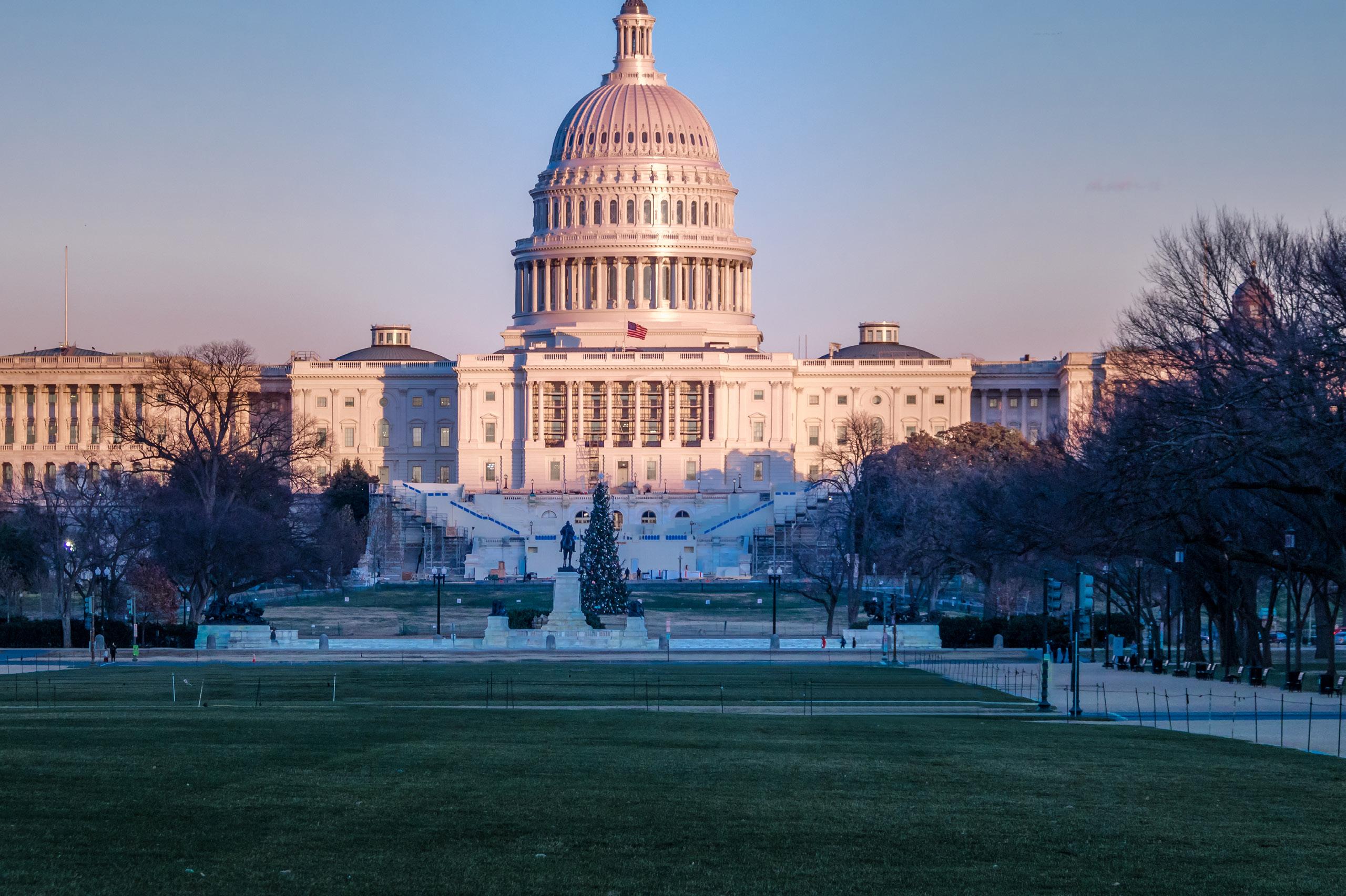
5 minute read
Kentucky Banker magazine - The Spring Conference Issue
The Common Question: What Will Happen to the CFPB?
by Tim Schenk | KBA General Counsel
Anyone who has read any of my prior articles probably has a pretty good sense of my feelings about the CFPB under the direction of Rohit Chopra. It probably comes as no surprise that as soon as the CFPB no longer employed Rohit Chopra, the common question hit my inbox: “What is going to happen to the CFPB?”
As someone I respect always tells me, “The smartest person in the room is the one who admits they don’t know what they don’t know.” In my attempt to be the “smartest person in the room,” I must admit: I don’t know. Nonetheless, there are several things we all know that are worth discussing.
What we do know is that there has been, and is going to be, a lot of change. On February 11th, President Trump discussed plans to close down the CFPB. President Trump said the CFPB “was set up to destroy some very good people” and that it is “very important to get rid of.” President Trump added, “It was also a waste. There was a bad group of people running it … That was a vicious group of people. They destroyed a lot of people.” In short, President Trump made his opinion of the CFPB and its prior administration very clear and followed it with direct action.
Acting Director of the CFPB and Director of the Office of Management and Budget subsequently “closed” the agency and fired all probationary employees at the CFPB. Acting Director Vought also opened up a “tip line” for financial institutions and others to report CFPB staff engaged in regulatory or enforcement activities despite being ordered to cease all work. The CFPB “tip line” was launched on X, stating, “Are you being pursued by CFPB enforcement or supervision staff, in violation of Acting Director Russ Vought’s stand-down order? If so, DM us or send an email.” Acting Director Vought also directed the Federal Reserve not to appropriate the CFPB’s next round of funding.
However, President Trump also nominated former FDIC board member Jonathan McKernan as the next CFPB director. McKernan opposes undue regulation and appears aligned with President Donald Trump in several critical areas. He opposed the FDIC’s climate risk guidance and voted against the FDIC’s final rule implementing the Community Reinvestment Act, citing its length and complexity, which is currently stayed by a Federal Court in Texas.
So, what does this mean for the CFPB? I think the answer is that we still do not know. What we do know is that President Trump is not alone in taking action against the CFPB.
Senate Banking Committee Chairman Tim Scott (R-S.C.) and House Financial Services Committee Chairman French Hill (R-Ark.), introduced Congressional Review Act (CRA) resolutions, co-sponsored by Kentucky Congressman Andy Barr, to overturn the CFPB’s final rule capping overdraft fees at banks and credit unions. Committee leaders cited the rule’s impact on access to critical financial services and reiterated that lawful and contractually agreed-upon payment incentives promote financial discipline and responsibility.
“Senate Banking Committee Chairman Tim Scott and I were clear when we told federal agencies – including the CFPB - to stop all midnight rulemaking, which former Director Chopra blatantly disregarded. As I have consistently said, the CFPB needs guardrails on its enforcement and rulemaking powers, and this rule is another clear example of why. The CFPB’s actions on overdrafts are another form of government price control that hurt consumers who deserve financial protection and greater choice. Our CRA will help overturn this harmful rule and is the next step toward ensuring the CFPB halts all ongoing rules until it answers to Congress, just like any other non-independent federal agency. Chairman Scott and I will continue to work with our fellow Republicans to rein in the agency with statutory direction,” said Chairman Hill.
A hearing on the CRA resolution is expected shortly; issues such as 1071 remain priorities for many in Congress. The CRA on overdraft is one of many expected actions in rolling back Director Chopra’s attacks on banks through overly burdensome and unnecessary rulemaking. Meanwhile, the CFPB faces multiple suits, including the Kentucky Bankers Association’s suits regarding 1033 and 1071. Those suits could rescind substantial portions of the CFPB’s unsubstantiated rulemaking.
So the question remains- What is going to happen to the CFPB? As I said at the outset, I do not know. What I do know is that as one of many who ardently fight for our bankers across the country, I have “hope.” Hope is defined as a “desire accompanied by expectation of or belief in fulfillment.” I believe that many of our objectives in challenging the oppressive rulemaking of the CFPB will be fulfilled as CFPB rules promulgated under Rohit Chopra are rescinded. I believe expectations will be fulfilled in banks gradually shifting their focus from compliance on unnecessary rulemaking to serving their communities’ needs. I expect that all of the aforementioned leaders will help others recognize the importance of banks and the integral role of banks in serving as the lifeblood of communities.
While it will take time for leadership in all sectors to institute change for our banks, I look forward to seeing solutions from every sector to the four years of CFPB hardship under Director Chopra come to fruition. I hope you do, too.

